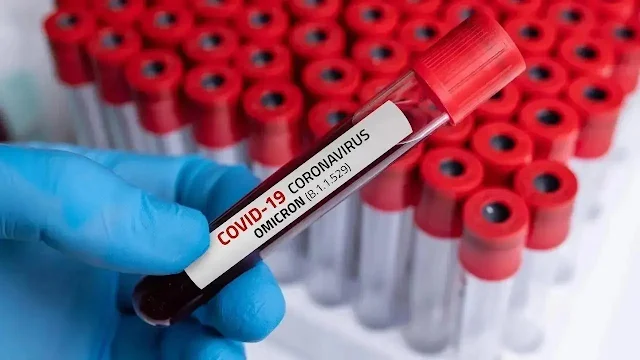The world has been fighting against the COVID-19 pandemic for over two years now. While there have been successful efforts to develop vaccines, new variants of the virus are emerging rapidly. The current situation has led to an increase in new COVID-19 infections, leaving many people wondering about the impact on immunity. In this article, we will explore the relationship between new COVID-19 infections and immunity.
What is immunity?
Immunity refers to the body's ability to resist infections and diseases. There are two types of immunity: innate and adaptive. Innate immunity is the body's first line of defense against infections, while adaptive immunity develops over time as the body encounters specific pathogens.
How does the immune system respond to COVID-19?
When a person is infected with COVID-19, their immune system will produce antibodies that help to fight the virus. Additionally, immune cells such as T-cells and B-cells play a crucial role in the body's defense against COVID-19. Once the infection has been cleared, the body will retain some of these immune cells to provide future protection against the virus.
What is the impact of new COVID-19 infections on immunity?
New COVID-19 infections can impact immunity in several ways. First, repeated infections can weaken the immune system's response to the virus, making it easier for the virus to infect the body. Additionally, new variants of the virus may be able to evade the immune response produced by previous infections, making it more difficult for the body to fight off the infection.
Can vaccination help to boost immunity?
Yes, vaccination is an effective way to boost immunity against COVID-19. Vaccines work by training the immune system to recognize and fight off the virus. While vaccines may not provide complete protection against all variants of the virus, they can still reduce the severity of the illness and lower the risk of hospitalization and death.
How can we protect ourselves from new COVID-19 infections?
There are several steps that we can take to protect ourselves from new COVID-19 infections. First, it is important to continue following public health guidelines such as wearing masks, practicing physical distancing, and washing our hands regularly. Additionally, getting vaccinated can provide an extra layer of protection against the virus.
In conclusion, new COVID-19 infections can have a significant impact on immunity. While the immune system can provide some protection against the virus, repeated infections and new variants can weaken the body's ability to fight off the virus. Vaccination is an effective way to boost immunity and protect against the virus, but it is important to continue following public health guidelines to prevent the spread of the virus.
Q&A:
Q: Can someone who has been vaccinated still get infected with COVID-19?
A: Yes, it is possible for someone who has been vaccinated to still get infected with COVID-19. However, vaccination can reduce the severity of the illness and lower the risk of hospitalization and death.
Q: Can the COVID-19 vaccine provide protection against all variants of the virus?
A: While the COVID-19 vaccine may not provide complete protection against all variants of the virus, it can still reduce the severity of the illness and lower the risk of hospitalization and death.
Q: Should I still follow public health guidelines if I have been vaccinated?
A: Yes, it is important to continue following public health guidelines such as wearing masks, practicing physical distancing, and washing our hands regularly, even if you have been vaccinated. This is because vaccination may not provide complete protection against all variants of the virus, and there is still a risk of transmission to others.

